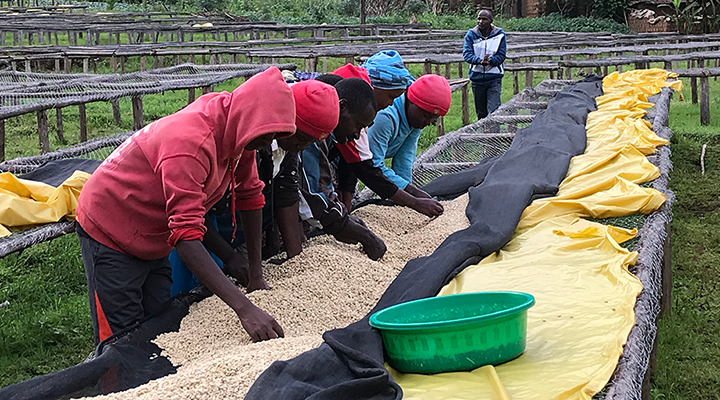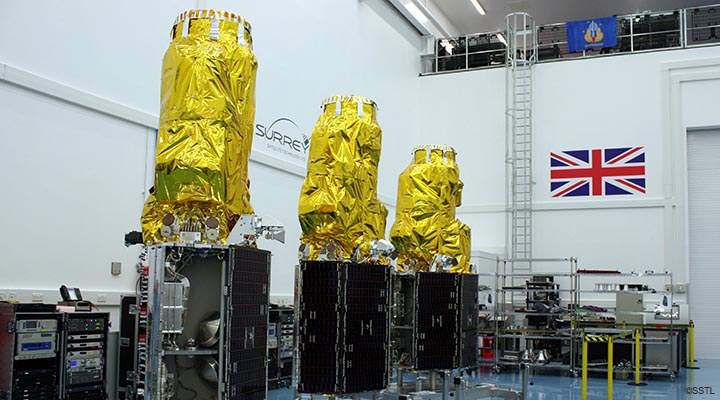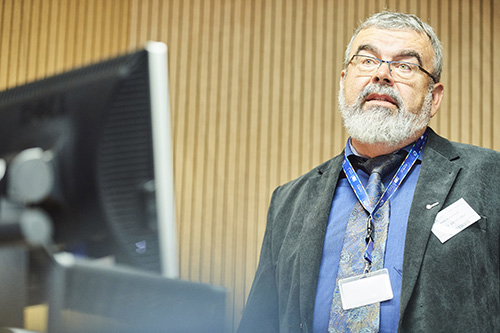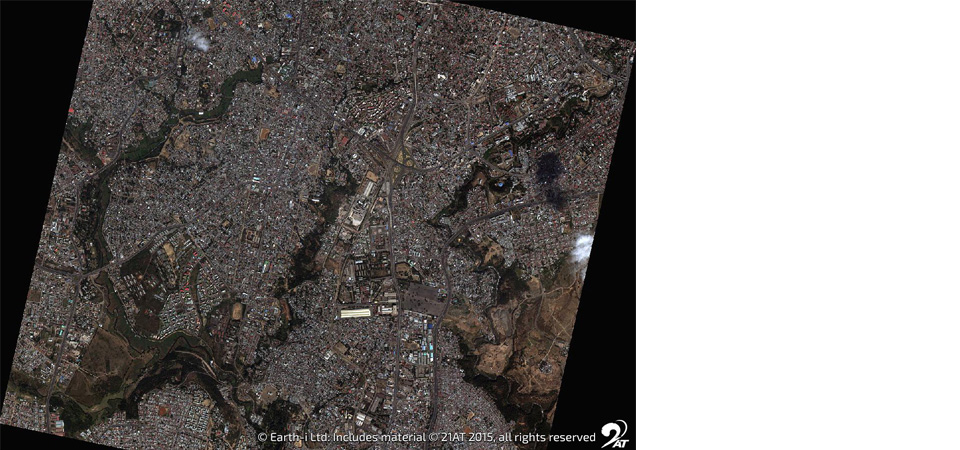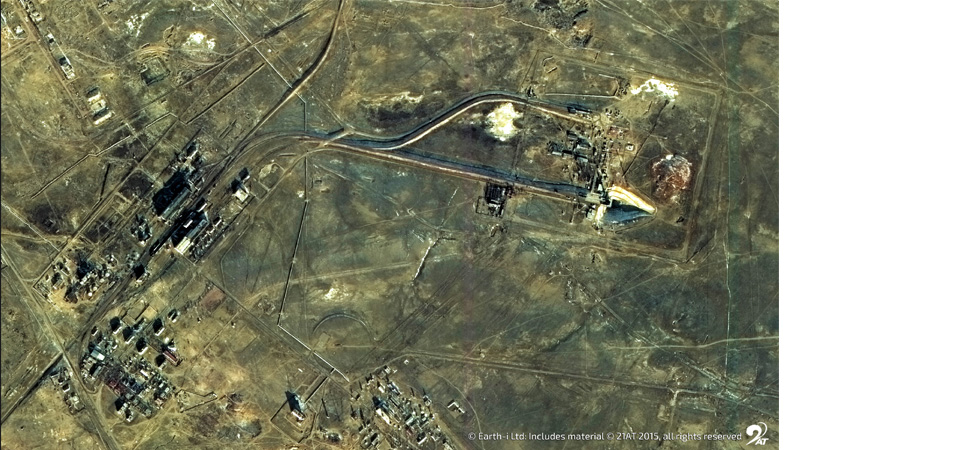Forecasting the weather is a notoriously difficult thing. Of course, technology and the science have only got better and better over the decades, and the recent commemorations of the 75th Anniversary of D-Day in Europe reminded us all of just how critical but difficult weather forecasting can be, and of the consequences of getting it wrong in those situations. In fact, the controversy that pitted one meteorologist against another at that most critical time, carried with it the weight of responsibility for many thousands of lives. ¹
Whilst weather matters greatly to large organisations, from the military, to ministries and multinational corporations, it’s also one of the most talked about topics for each of us individually as we navigate our daily business. For most of us however, it’s not a matter of life or death like on D-Day. We are more likely to be annoyed that we didn’t take an umbrella to London when the app said not to expect rain, or when we’ve had to lug around a raincoat in the persistent (though welcome!) hot sunshine. Typically, it’s more inconvenience or discomfort – not life and death.
For farmers however, its far more important than that. Weather has an enormous influence on their day. In countries where agriculture has become technology and science led, the impact of inclement weather can be mitigated, and the farmer is less likely to suffer. In countries where agriculture is still largely based on smallholder farmers, the impact of weather can have a much greater impact. And with many smallholder farmers working their fields in developing nations, technology has had far less impact on improving their resilience to bad weather. In addition, they are most likely operating in parts of the world most affected by climate change and increasingly unpredictable weather.
All of which means that for smallholder farmers, the weather forecast has much greater significance than the umbrella-less commuter in London, or the surplus raincoat wearer in New York. For smallholder farmers the weather forecast is often the most critical information they can receive in order to make the smartest decisions about their crop management in the face of increasingly unpredictable weather patterns.
But it must be accurate – and it must be timely. For smallholder coffee farmers in Kenya and Rwanda Earth-i’s ACCORD programme, funded by the UK Space Agency’s International Partnership Programme, is the answer. Well over 35,000 farmers are now part of the programme and are receiving localized weather alerts and agronomical advice on a daily basis, straight to their mobile phones. Technology partner WeatherSafe gathers highly accurate local climate data to produce highly accurate localized weather forecasts, using data from a network of ground stations, and overlays that onto satellite-mapped fields belonging to smallholder farmers. Messages then matching advice to changing weather conditions are then sent straight to farmers mobile phones via SMS.
Whilst perhaps not as critical in ‘life or death’ terms as the meteorological decisions made around D-Day, these weather alerts and the accompanying advice can make the difference between a successful coffee bean harvest and a poor one. That can be a critical difference to the farmer’s income and the impact on the family’s well-being.
Technology is increasingly making a difference to farmer fortunes in the face of climate change, and the messages received each day, over time, can change lives. The weather forecast then has greater significance and getting it right matters. One message sent to farmers in Embu and Kirinyaga counties in Kenya on 29 May, during a period of unpredictable rain, forecast it would be rain-free on 31 May, the ideal time to be out inspecting trees for pest and disease. Two days later it didn’t rain, important procedures to fight pests and disease were performed, and no umbrellas were needed!
To find out more about ACCORD, please visit the website. Alternatively, if you’d like to discuss any element of the programme, please email accord@earthi.space.co.uk.
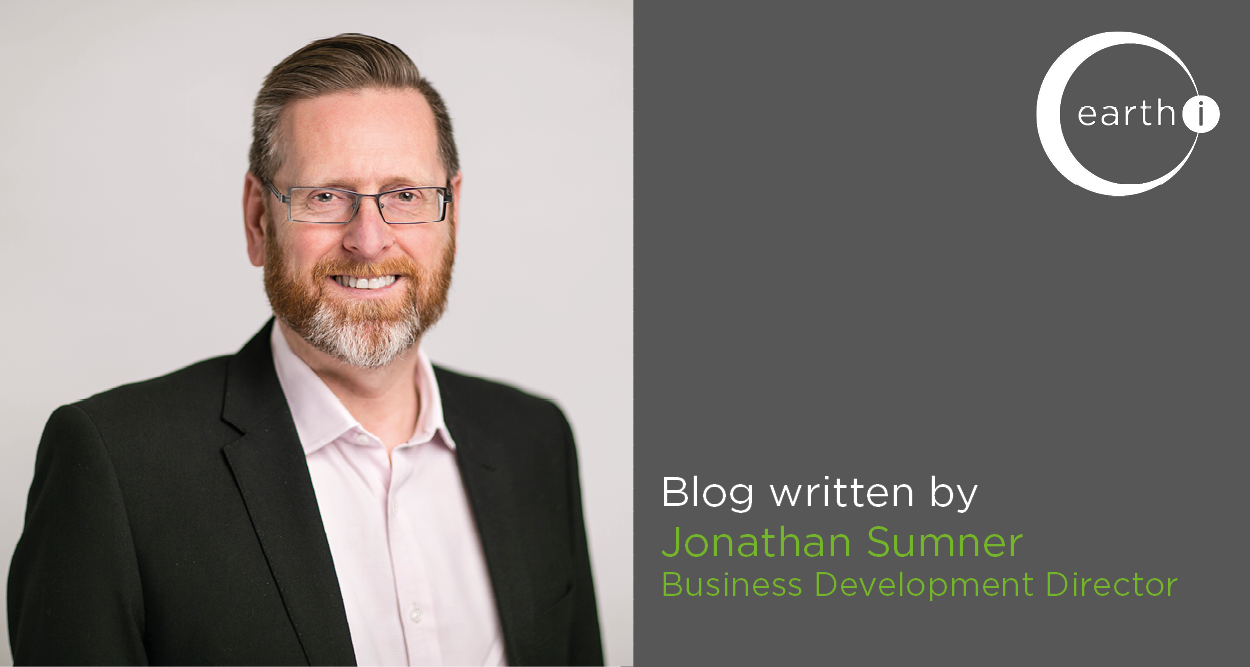
¹ The Forecaster: The Man Who Decided D-Day – https://blog.usejournal.com/the-weatherman-the-man-who-decided-d-day-d0eb5cad3f7e
Earth-i congratulates British satellite design and manufacturer Surrey Satellite Technologies Ltd. (SSTL) on the successful launch yesterday of the…

